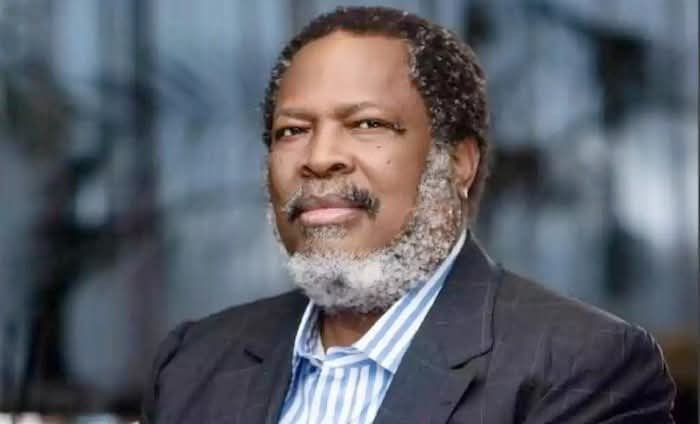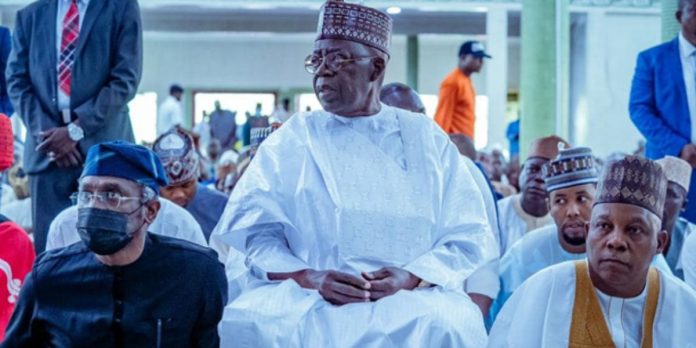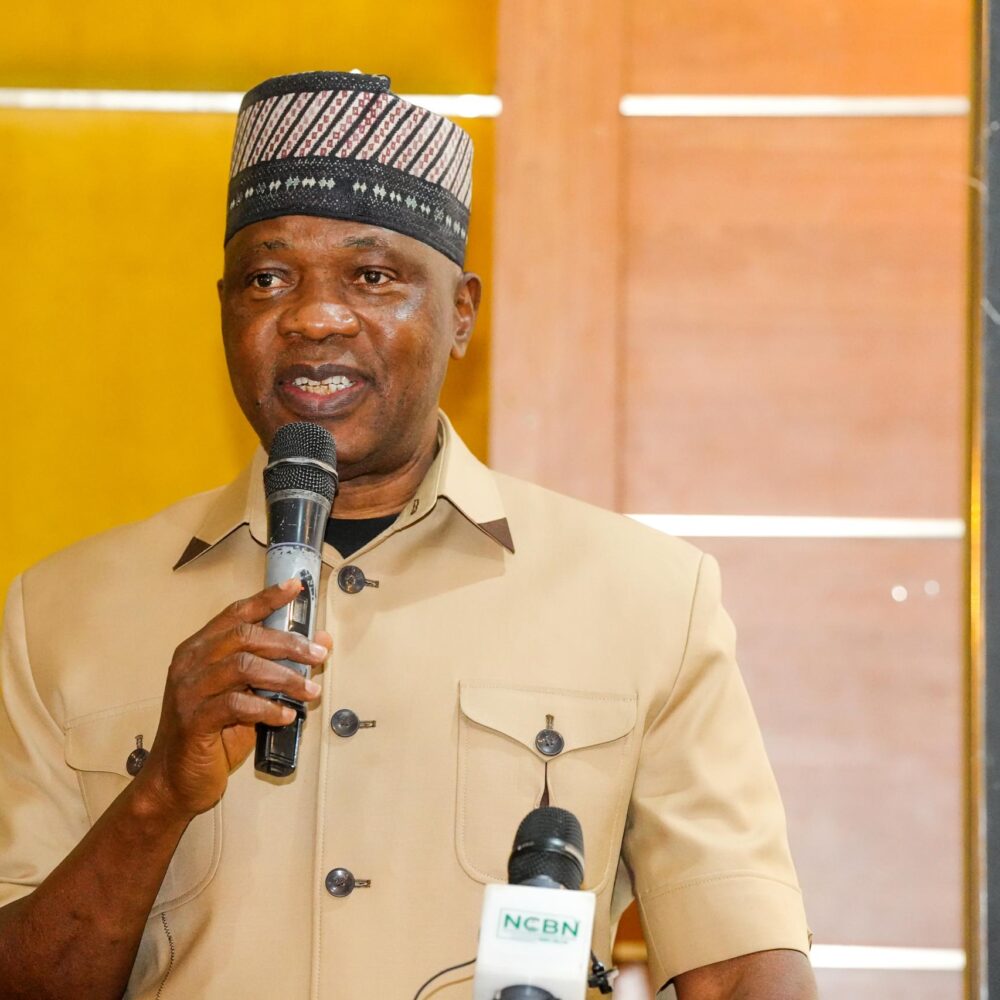Since the inception of the Engineer Abdullahi Sule administration in 2019, the Nasarawa State Government has so far, constructed 1000km of rural roads, to bring succour to rural dwellers who have been neglected for decades.
Director General of the Nasarawa State Bureau for Rural Development, Mustapha Yahuza Musa II, disclosed this on Friday, in Lafia.
According to the Director General, his agency, was established early last year, to ensure improvement in rural infrastructure, as well as enhance economic emancipation of rural dwellers.
He explained that, while there were presently three major ongoing projects undertaken by the bureau, namely Keana/Abuni, in Awe Local Government, 27km, Kofan Gwari/Bakin Ayeni, in Kokona, 15km and Andaha/Rinze, 17km in Akwanga, his agency has so far completed the construction of 1000km of rural roads spread across the three senatorial zones and 13 local government areas of the state.
Among the roads completed by the bureau include Shabu/Doka/Aribadu/Alakiyo, 10km, Agwede/Ashope/Atabula/Obi, 21km, Kanje/Abuni, 27. 9km, Kagbu/Asoko/Kagbu Wana, Masaka/Luvu, Mama/Farin Ruwa, 16km, Nasarawa/Ara, 14, Rubi/Jangwe, 12km, Assakio/Obi, 27, Angoro Junction/Bassa, 10km, Gudi/Anguwan Dorawa, 1km, Baure Grazing Reserve in Awe, 19km.
Others were Akurba Power Substation, 2.2km and Sabon Garin Salamo/Tudun Wada in Keffi, 3km.
DG added that Kofan Gwari/Bakin Ayeni/Amba, 16. 9km, Rinze/Nangere/Anko/Anko Babba/Andaha, 13. 4km and Alushi/Wakama, 5km were ongoing.
Yahuza Musa II lamented that rural dwellers across the state have been abandoned for a long period of time, mostly lacking in accessible roads, with most communities left to use motorcycles as means of transportation because vehicle could not enter such areas.
“So far, these things have been neglected over a long period and if you really dare go through some of these roads, you will pity the local populace. They have difficulty in transportation of goods from the rural area to the urban area.
“Most of the areas, vehicles could not even go in, they mostly use motorcycles as means of transportation in their areas, either to the district headquarters or even to the neighbouring local government,” he said.
He said that, in its determination to better the lots of rural dwellers across the state, the Engineer Sule administration, decided to set up the bureau in order to create conducive environment for economic activities at the rural areas.
“It’s a well known fact that, the rural populace constitute a majority of the people of the country. As such, government has to create a good environment for economic activities of the rural people. Among such structures are the construction of rural roads,” the director general said.
While explaining the criteria for selecting which road to construct, Yahuza Musa II said his agency is guided by the spirit of equity and fairness.
“Generally, we have a criteria for deciding which road to construct. We want to be fair and for equity. We have to ensure that, these road construction are evenly spread across the senatorial zones and local government areas of the state,” he stated.
In identifying the enormous advantage of opening up the rural areas, especially through the construction of roads, the director general listed among others, creating environment where goods can be moved faster, as well as people needing medical attention could be evacuated faster.
“The advantage of rural roads are so enormous that we will advise the government should even double attention, double effort, to ensure that these local people are being comfortable. It’s pathetic to go along some of these roads,” he said.
He noted that, before the creation of the bureau, rural roads construction was undertaken by a taskforce but the bureau came into being because of the desire for government to integrate rural development.
“The main function of the bureau is to ensure adequate improvement of rural infrastructure for further economic emancipation of rural dwellers. That is not to say that other economic factors are not being considered.
“Briefly, there are other infrastructure like roads, water supply, rural electricity, rural agriculture, rural industrialisation. Principally, these are some of the economic activities expected to be carried out by the bureau,” he said




